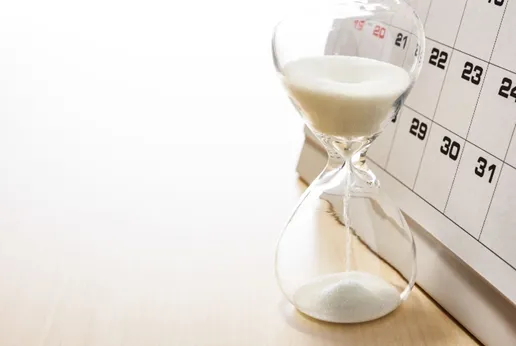During our lifetime, we collect a lot of stuff and things. Some are needs that enable us to maintain the lifestyle of our choosing, but many are our wants. According to Abraham Maslow (1908–1970), an individual’s needs were arranged as a hierarchy, with physiological (survival) needs at the bottom, and the more creative and intellectually oriented needs at the top. Maslow was an American psychologist who developed a hierarchy of needs to explain human motivation. He declared that survival needs must be satisfied before we are satisfied with the stuff and things of life, which include love and belonging, friendship, and family. This discussion is not so much about Maslow’s theory, but it puts into perspective how our earthly gatherings have evolved over a lifetime. Despite our stuff and things being a need or a want, at the end of life, someone must close your earthly account. As an African American community, we are NOT a proactive society. I realize discussing the end of life and death is not a comfortable topic, but it is a topic that we cannot keep ignoring and placing caregivers of loved ones under financial strain and mental stress while grieving a loss.
Here is the question?
How proactive have you been in preparing to liquidate your gatherings as a caregiver and the gatherings of your loved ones? We have been warned in 1st Timothy 6:7(KJV)… For we brought nothing into this world, and it is certain we can carry nothing out. Whom have you placed in charge of the stuff and things of your lived experiences? Is there a plan? Who knows about the plan? Is there a designated person(s) knowledgeable about the plan?
Let me share a few areas that need a plan. Important documents are at the top of the list. Legal documents, tax statements, retirement accounts, bank accounts, mortgage and personal property, investment property documents, all insurance documents, both property and healthcare-related, advanced directives, wills, code status, do not resuscitate (DNR) (if hospitalized), military ID, and discharge documents(DD-214). If your loved one is a small business owner, that is another layer of knowledge and understanding that must be managed. One more note, original documents are required to handle any business of your loved one.
As Your Proactive Caregiver Advocate, preemptive preparation as a caregiver to a loved one and for yourself is necessary. Why wait? You can start today after reading this article. Be safe! Be well!
Dr. Cynthia J. Hickman is a retired registered nurse and case manager; CEO of Your Proactive Caregiver Advocate and author of From the Lens of Daughter, Nurse, and Caregiver: A Journey of Duty and Honor, and The Black Book of Important Information for Caregivers

